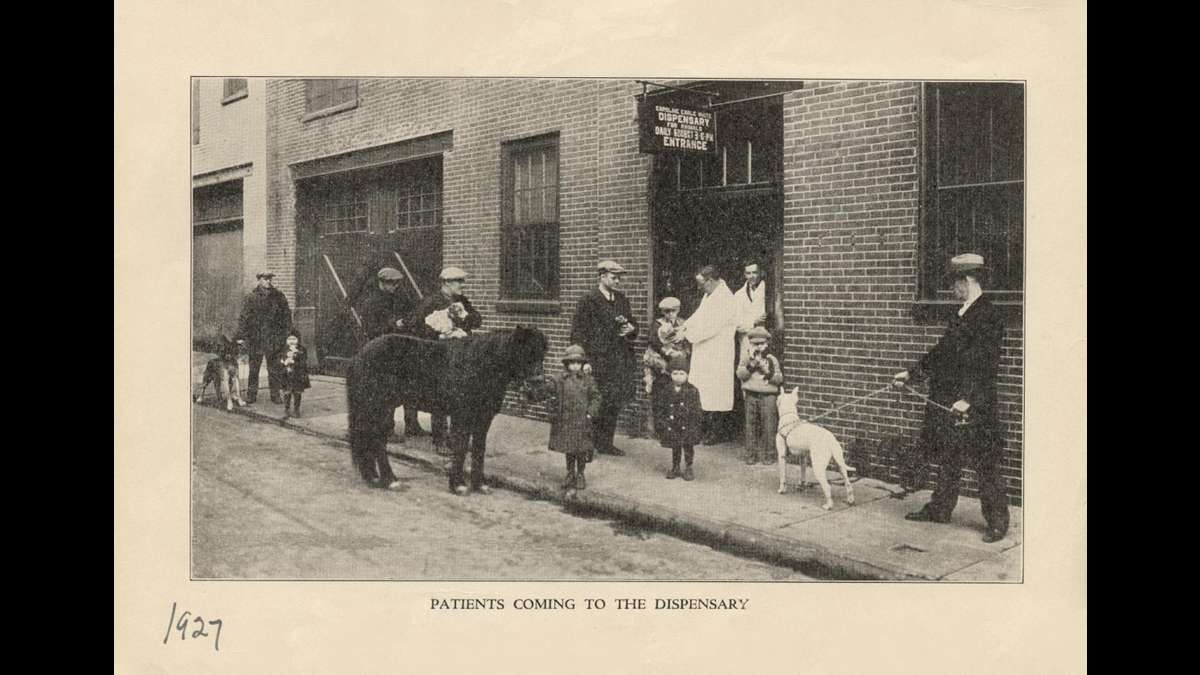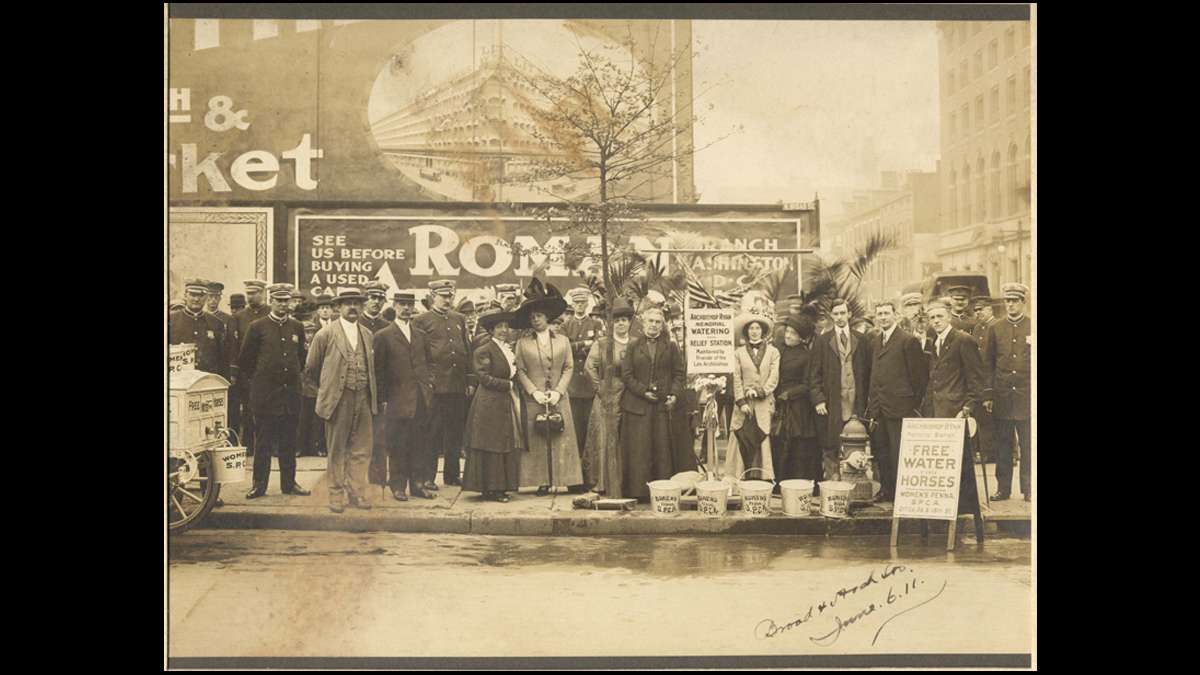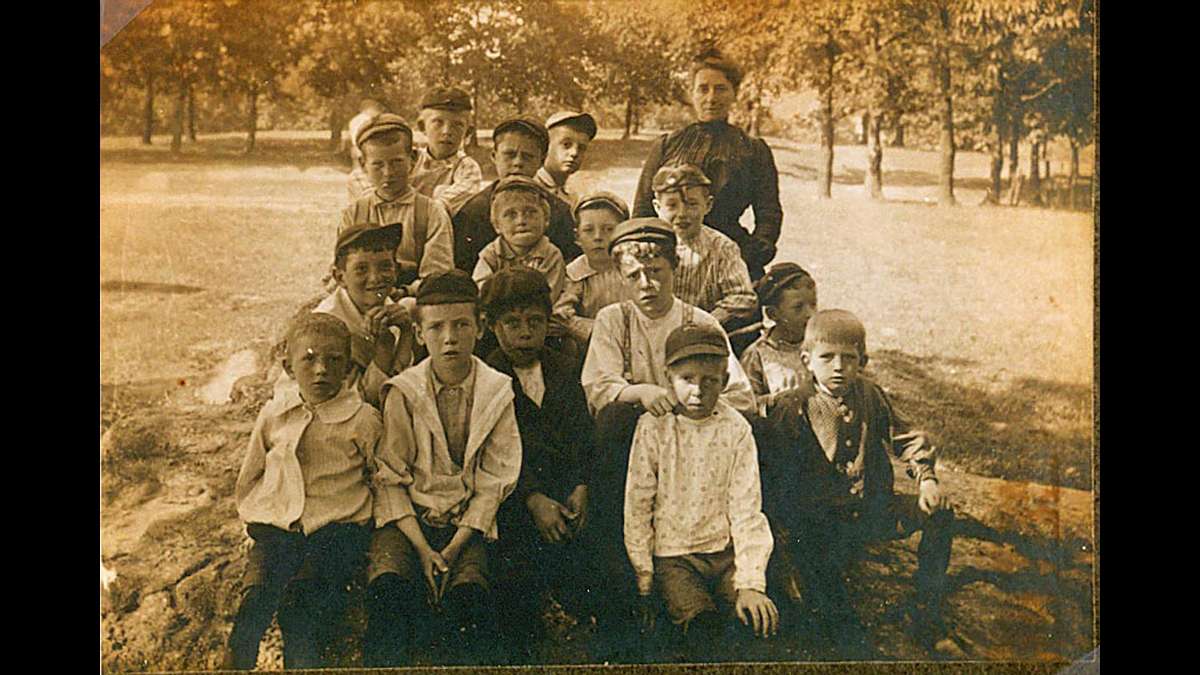Internet privacy bill aims to protect kids online
A bill that would strengthen the privacy of young people online is making its way through Legislative Hall.
House Bill 261 sponsored by Rep. Darryl Scott, D-Dover, would prohibit websites from advertising explicit materials such as drugs, alcohol, tobacco and weapons to minors.
“For websites that know they have children that are visiting, we’re asking them to identify and create some way to identify the age of the child and then being able to limit those materials that are marketed to the children,” explained Scott.
Advertising explicit materials to minors is already prohibited in other media forms.
Websites would also be prohibited from gathering “identifiable” information from minor users such as home address, email address, phone number or geolocation data.
“As a parent, one of the things I’m greatly concerned about is our children’s loss of privacy as they navigate the World Wide Web,” said Rep. Scott. “That happens just by them being present and hitting websites because websites track them, not only while they’re on the website, but long beyond that website.”
The other key part of the bill is that it would require websites to allow minors to completely remove any content such as videos, pictures or comments that they’ve posted on a profile.
“Kids make mistakes, they post things that they later look back and go ‘Man, I wish I could take that back.’ So the act would give people, even beyond the age of 18 to go back and say, ‘I posted this as a young person, less than 18 years old, and I would like to have the content removed.’”
Rep. Scott said websites are able to tell where users are located through their IP address so they will know when Delawareans are accessing the page.
“I think websites have the tech ability to identify and provide this type of protection,” he said.
Attorney General Beau Biden supports the bill.
“Kids share way too much information about themselves online, and the pictures they post when they are young can come back to haunt them when they apply for their first job or apply for college,” said Biden. “This bill will help protect kids’ privacy now and in the future.”
Anyone violating the law could face fines of up to $10,000 per violation and face prosecution by Biden’s Consumer Protection Unit under the state’s existing Consumer Fraud Act.
A similar bill has been introduced in California.
WHYY is your source for fact-based, in-depth journalism and information. As a nonprofit organization, we rely on financial support from readers like you. Please give today.













